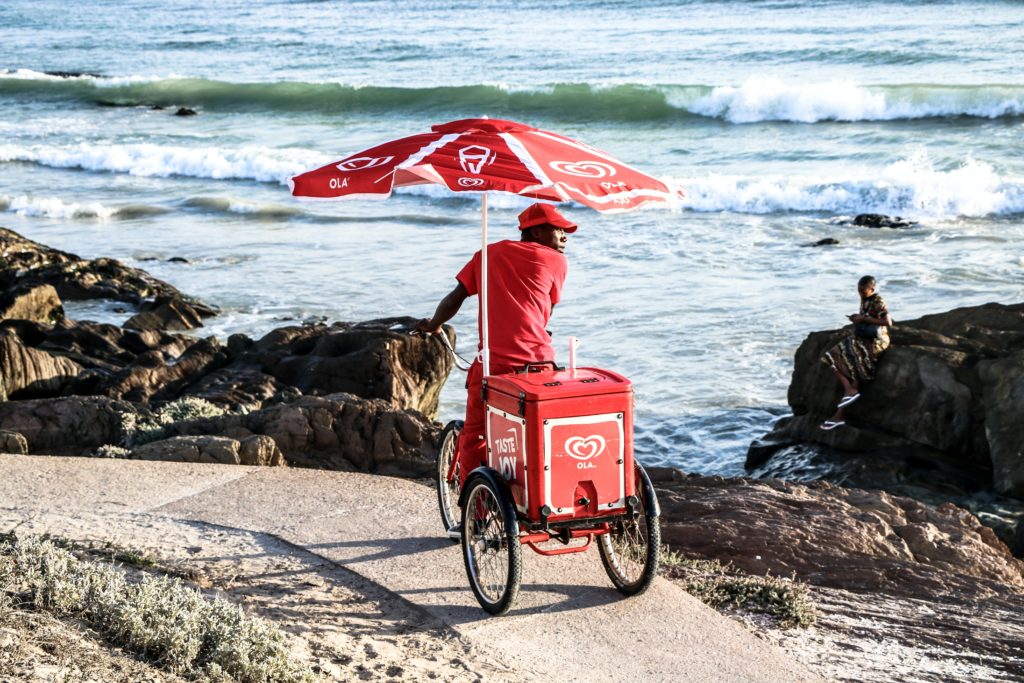Marketing
Marketing & Promotion
Marketing refers to activities a company undertakes to promote the buying or selling of a product or service. Marketing includes advertising, selling, and delivering products to consumers or other businesses. Some marketing is done by affiliates on behalf of a company.
- Marketing refers to all activities a company does to promote and sell products or services to consumers.
- Marketing makes use of the “marketing mix”; product, price, place, and promotion.
- At its core, marketing seeks to take a product or service, identify its ideal customers, and draw the customers’ attention to the product or service available.
Marketing as a discipline involves all the actions a company undertakes to draw in customers and maintain relationships with them. Networking with potential or past clients is part of the work too, and may include writing thank you emails, returning calls and emails quickly, and meeting with clients. Marketing seeks to match a company’s products and services to customers who want access to those products.
Product: Before they can prepare an appropriate campaign, marketers need to understand what product is being sold, how it stands out from its competitors, whether the product can also be paired with a secondary product or product line, and whether there are substitute products in the market.
Price: Price refers to how much the company will sell the product for. When establishing a price, companies must consider the unit cost price, marketing costs, and distribution expenses. Companies must also consider the price of competing products in the marketplace and whether their proposed price point is sufficient to represent a reasonable alternative for consumers.
Distribution: The distribution of the product. Key considerations include whether the company will sell the product through a physical storefront, online, or through both distribution channels. When it’s sold in a storefront, what kind of physical product placement does it get? When it’s sold online, what kind of digital product placement does it get?
Promotion: Promotion is the integrated marketing communications campaign. Promotion includes a variety of activities such as advertising, selling, sales promotions, public relations, direct marketing, sponsorship, and other types of marketing. Promotions vary depending on what stage of the product life cycle the product is in. Consumers associate a product’s price and distribution with its quality, which has to be taken into account when devising the overall marketing strategy.

Product: Workshops, ten hours.
Price: EUR 5,000 per institution and/or EUR 10 per participant.
Distribution: On-site at RISE Centres; opening and closing, On-line from HR&S Sweden the bulk workshops.
Promotion: Direct sales through local RISE Centre staff, HR&S Website and social media.
Product: Seminars in Sweden, 1-4 hours.
Price: SEK 30,000.
Distribution: On-site at the location of the customer or if the customer prefers, on-line.
Promotion: Novarum, OmVärlden, HR&S Website and social media.
Product: RISE Centre empowerment.
Price: EUR 1,000 per campaign.
Distribution: Crowd-funding sites; Action10, GlobalGiving and FundRazr.
Promotion: HR&S Website and social media.
Product: Programme support.
Price: EUR 50,000
Distribution: Reporting.
Promotion: Seeking grants.
Annual Workshop series
Feb – April
Business idea
The participants pay Eur 10 and during the piloting, we target 20 participants.
Thus around EUR 200 will be transferred to the Country RISE Centres. This shall preferably be used to strengthen the local infrastructure, such as a good computer and internet. The RISE Centre computer shall be with the Team-leader.
As we see this is a small contribution but does not cover the actual costs.
HR&S expects Eur 5,000 per workshop. Thus the Feb-May workshops shall also serve as marketing, and we expect institutions to request and pay for the workshops.
Lessons learned here is that Institutions and participants tend to expect training shall be given for free, and the customer surveys will include a component of awareness-raising about the transition away from the Aid Industry.
During the Research Management workshop, we try to raise the attention among any high or middle-level authority that we have within the Institution and also the government representatives engaged in research.
During the Laboratory Management workshop, we also try to raise the attention among any high or middle-level authority that we have within the Institution and also the government representatives engaged in research. Here we can also add representatives from suppliers, manufacturers and established laboratories.
Social enterprising workshops should attract attention among the government representatives engaged in the private sector.
The Development Programme workshops should attract attention among the local NGOs.
